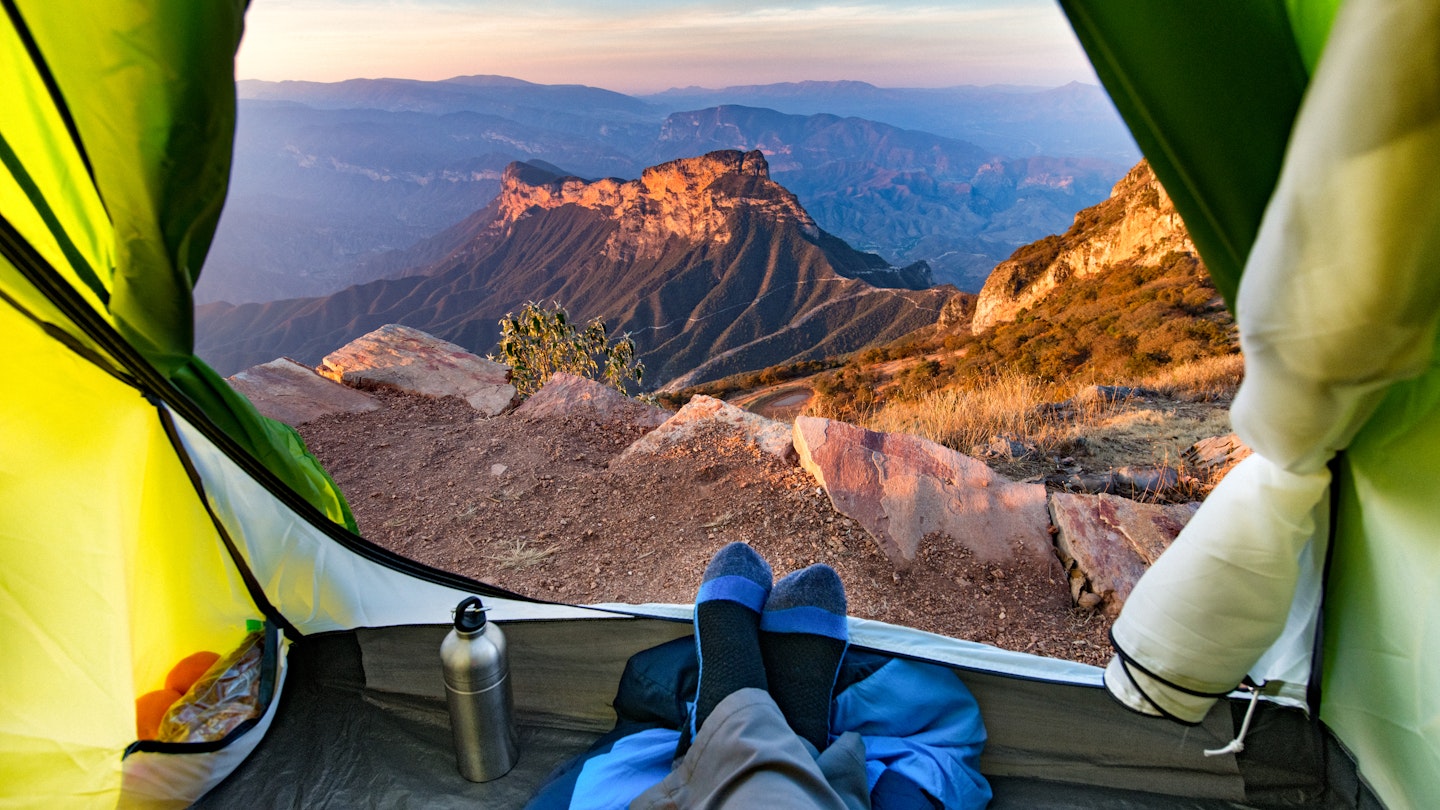Backcountry Camping: Your Guide to the Wilderness

When seeking to escape from the noise of crowded campgrounds, backcountry camping offers a remarkable opportunity to immerse yourself in nature. Moreover, this experience comes with a responsibility to understand unique safety concerns and prepare adequately for your wilderness adventure.
What is Backcountry Camping?
Backcountry camping entails setting up your tent deep in the woods, away from typical amenities found at developed campsites. In essence, this form of camping requires carrying all necessary gear and supplies for the duration of your stay while ensuring you pack everything back out when you leave.
How is Backcountry Camping Different from Regular Camping?
Unlike driving to a campsite with gear conveniently stowed in your vehicle, backcountry camping involves physically carrying everything you need on your back. This experience aligns closely with backpacking, as the journey to your camping site often requires trekking through various terrains.
Some backcountry locations may resemble traditional campsites, featuring cleared areas for tents and fire pits. However, it’s not uncommon to find more primitive settings where basic amenities are absent, requiring a willingness to adapt.

Where to Go Backcountry Camping
The first step is to choose a suitable destination. For beginners, selecting an easily accessible backcountry site is advisable. While extensive multi-day trips may be enticing, starting with nearby locations will help you gain confidence in using your gear and settling in outdoors.
National parks are often ideal for well-known yet diverse backcountry destinations. However, it’s crucial to note that many parks require permits for backcountry camping, with popular spots booking up well in advance.
Packing and Testing Your Gear: A Key to Success
Successfully disconnecting from the everyday hustle and bustle hinges on proper preparation. Therefore, ensuring that your camping gear is complete and functional before heading into the backcountry is essential. This includes testing your tent setup, verifying your stove operates correctly, and checking fuel supplies.
Moreover, minimizing weight is vital as you’ll be carrying everything on your back. Lightweight options will enhance your comfort while hiking to your destination. The basic necessities for backcountry camping resemble those for traditional camping, including a tent, sleeping bag, food, and cooking equipment, all of which should fit into your backpack.

What to Eat When Backcountry Camping
When planning meals for your backcountry camping trip, simplicity is key. Freeze-dried meals are a popular and convenient option; simply add hot water for a nutritious meal. Brands like Mountain House, Backpacker’s Pantry, and Good to Go offer a variety of freeze-dried meal options.
For those who want to elevate their camping cuisine, Fresh Off the Grid provides excellent resources and ideas for lightweight, easy-to-prepare meals suitable for camping. Depending on your location, you might even have the opportunity to fish if there’s a nearby water source, while hunting is generally not permitted.
Leave No Trace Principles
Understanding and implementing Leave No Trace principles is critical for preserving outdoor spaces. These principles serve as guidelines for interacting responsibly with nature, ensuring the wilderness remains untouched for future visitors. There are seven fundamental principles to consider, including proper waste disposal, respecting wildlife, and minimizing fire impacts.
As backcountry campers, it’s also essential to be mindful of how social media can impact fragile environments. Sharing experiences without revealing sensitive locations can help protect these areas from over-tourism.

Educate Yourself and Enjoy Your Adventure
To enhance your backcountry camping experience, educating yourself on Leave No Trace principles and proper gear usage is vital. Most essential knowledge will stem from experience, but various resources and courses are available to help you learn valuable skills, such as navigation and wildlife identification.
Ultimately, visiting the wilderness is a privilege that invites us to respect and understand the environments we explore. The tranquility that envelops you during a night under the stars in the backcountry fosters a profound appreciation for nature’s beauty and wildness.





